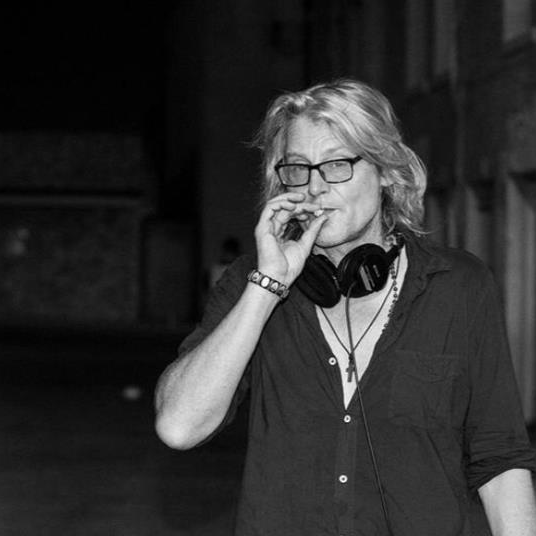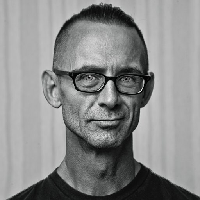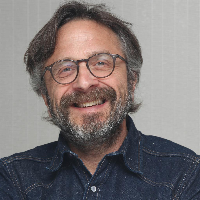Andrew Dominik MBTI -Persönlichkeitstyp
Persönlichkeit
"Welcher Persönlichkeitstyp ist {profilename}? {profilename} ist ein {MBTI} -Persönlichkeitstyp in MBTI, {enneagram} - {iv} - {tritype} in EnneArgram, {big5} in Big 5, {socionics} in Socionics."
Talking about Blonde: 💡 “It’s a film about the human condition. It tells the story of how a childhood trauma shapes an adult who’s split between a public and a private self. It’s basically the story of every human being, but it’s using a certain sense of association that we have with something very familiar, just through media exposure. It takes all of those things and turns the meanings of them inside out, according to how she feels, which is basically how we live. It’s how we all operate in the world. It just seems to me to be very resonant. I think the project has got a lot of really exciting possibilities, in terms of what can be done, cinematically.” 💡Blonde is “critical of American sacred cows” and “swimming around in all the #MeToo water”, Dominik says. “It wouldn’t have got done” without the social movement, “because nobody was interested in that sort of shit — what it’s like to be an unloved girl, or what it’s like to go through the Hollywood meat-grinder.” Oates described it as a “brilliant… feminist interpretation” on seeing a rough cut in 2020. 💡The director calls the NC-17 rating “a bunch of horseshit… That’s just the ratings board being political,” he says, claiming it was awarded due to Monroe’s status in US culture, not due to the content itself. “If I look at an episode of [HBO show] Euphoria, it’s far more graphic than anything going on in Blonde.” 💡When Dominik began researching the film in earnest, he talked with the various police officers that had arrested and dealt with Read, many of whom he’d accused of being corrupt. This meant that they’d kept a very close eye on the career criminal when he was outside of prison, pretty much marking down his every movement. “Somebody had this document in their garage,” Dominik snickers. “That’s when I got really interested, because you could see that his behaviour was so strange…all that stuff about shooting people and taking them to the hospital, and three different stories about what happened on this occasion and that occasion. Then I really started to get into it, and I started to make a much more realistic film. The first version of the film in my head was more like a Tarantino film or something like that. That’s what the first draft was like.” 💡 “Meeting him was so important. I could get a real sense of him, because he would get very emotional about certain things. So much came out of those initial hours that I spent with him. It was such an extraordinarily valuable experience for me at that point. The script was very much drawn from that. And then, just before we were about to shoot, he got out of prison, which raised everyone’s hackles. When we got the rights, he was supposed to never be released from prison. I was a bit worried because I was doing things in the film that I knew would upset him. But he ended up keeping his distance.”
Biografie
Andrew Dominik is a New Zealand-born Australian film director and screenwriter. He has directed the crime film Chopper, the Western drama film The Assassination of Jesse James by the Coward Robert Ford, and the neo-noir crime film Killing Them Softly.
Persönlichkeit correlate
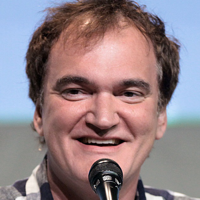
Quentin Tarantino

Hayao Miyazaki
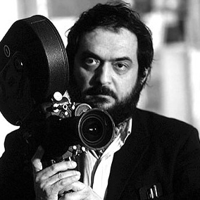
Stanley Kubrick
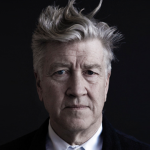
David Lynch
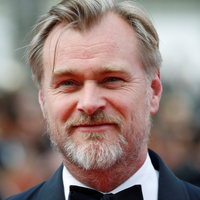
Christopher Nolan
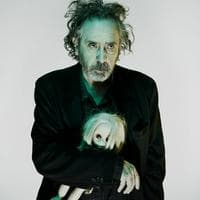
Tim Burton
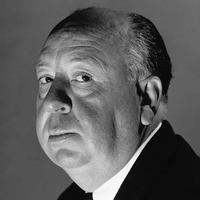
Alfred Hitchcock
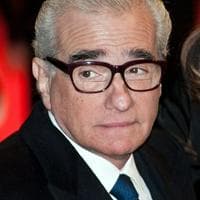
Martin Scorsese
